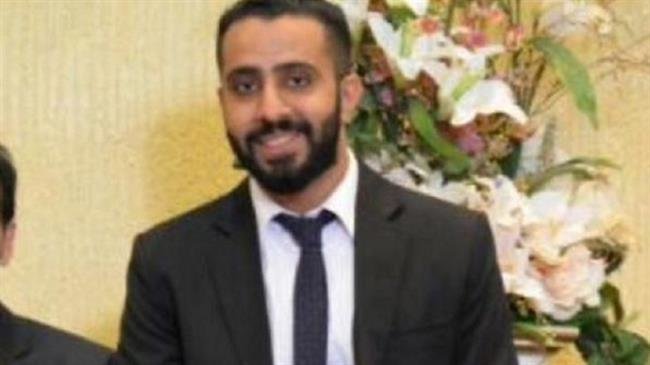
Meanwhile, Vice President of the Salam for Democracy and Human Rights, Yousif al-Muhafdah, said credible information attests that the young Bahraini dissent is being held at the headquarters of the notorious Criminal Investigation Department.
“We are very concerned that the young man, who has been deported by the Netherlands to Bahrain, could be subjected to brutal torture as torture is an official method practiced in Bahrain,” Muhafdah told Arabic-language Bahrain Mirror news website.
“On behalf of Salam for Democracy and Human Rights, we express serious concern regarding the deportation of Bahraini citizen Ali Shuwaikh to Bahrain by the Dutch security services. According to documented information and communications we made, Shuwaikh is currently detained at the Criminal Investigation Department Headquarters in Bahrain, where hundreds of dissidents have been subjected to severe torture, so we are deeply concerned about his safety,” he added.
Muhafdah further stressed, “The deportation of Shuwaikh to Bahrain poses grave danger, especially since he was deported to a country that does not respect human rights, to a state where torture is systematic according to Human Rights Watch, UN special rapporteurs and many international organizations. More than ten dissidents have been killed under torture in Bahraini prisons, and hundreds have been subjected to torture, and all these cases are documented by UN committees as well as international organizations and bodies."
“Torture is systematic in Bahrain. Torture is a crime against humanity that violates international law, so we see that Dutch authorities have deported a person against whom a crime against humanity could be committed, i.e. the crime of torture, which could affect the Netherlands' human rights reputation.
“We call on authorities in Bahrain to immediately release Shuwaikh and stop targeting the relatives of political prisoners and activists in Bahrain," Muhafdah said.
“We know that Shuwaikh is the brother of Fayyad Shuwaikh, who was sentenced in a case. We have documented many cases of relatives of activists or detainees being targeted, such as the cases of activist Alaa Shehabi's husband, Zainab al-Khawaja's husband and other examples that confirm that the Bahraini regime is targeting the relatives of activists and the families of political detainees for the purpose of pressuring them,” he concluded.
Thousands of anti-regime protesters have held demonstrations in Bahrain on an almost daily basis ever since a popular uprising began in the country in mid-February 2011.
According to Press TV, they are demanding that the Al Khalifah regime relinquish power and allow a just system representing all Bahrainis to be established.
Manama has gone to great lengths to clamp down on any sign of dissent. On March 14, 2011, troops from Saudi Arabia and the United Arab Emirates were deployed to assist Bahrain in its crackdown.
Scores of people have lost their lives and hundreds of others sustained injuries or got arrested as a result of the Al Khalifah regime’s crackdown.
On March 5, 2017, Bahrain’s parliament approved the trial of civilians at military tribunals in a measure blasted by human rights campaigners as being tantamount to imposition of an undeclared martial law countrywide.
Bahraini King Hamad bin Isa Al Khalifah ratified the constitutional amendment on April 3 last year.
847/940